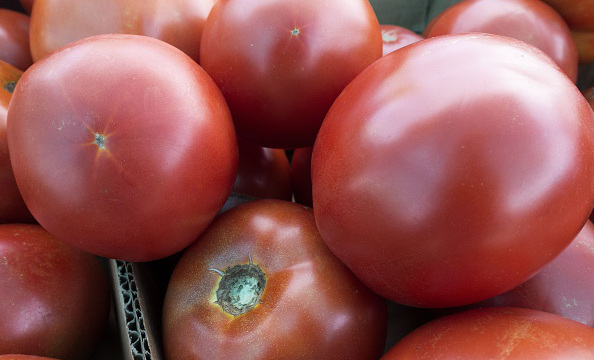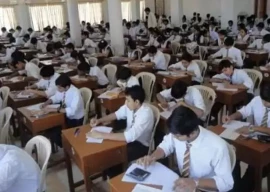
Speaking to a delegation of progressive farmers of ‘Sindh Agriculture Growth Project’ - funded by the World Bank - at the UAF, he said that scientists will help the Sindh Agriculture Department in producing the best varieties along with capacity building of growers to avert post-harvest losses. “Sindh growers of chillies, onions and tomatoes are facing a crisis this year, and to solve this we need to formulate the modern marketing systems.”
He stressed on the need to develop a post-harvest mechanism to increase the shelf life of agriculture produce.
As for the growth of rice, he said, “Rice demands excessive water and Pakistan has been listed among the top water-scarce countries. We export rice worth Rs2 billion at the cost of Rs10 billion of water. This is a serious issue that needs to be addressed on a national level.”
About cotton, he said the country’s cotton production this year had decreased by 35%, from 14 million bales to 11 million bales, due to climate changes.
Dates, he added, were also not getting their due share in the international market due to the lack of the value addition mechanism.
“Normally, chilli is cultivated at 80,000 acres in Sindh, but this year it will be cultivated on 200,000 acres,” said the head of the delegation Dr Zulfiqar Yousfani.
He said the major problem for chilli growers was the surplus supply, since chilli or onions’ shelf life was very short. “We have experts and researchers working on viable solutions to extend their shelf life but in the meanwhile we should focus on exporting the surplus amount, which can help us earn heavy foreign exchange.
“We are exporting onions to the Middle East, Sri Lanka and other countries, but in order to access the European markets, we have to increase the shelf life of our produce to meet their parameters.”
Published in The Express Tribune, January 16th, 2016.
Like Business on Facebook, follow @TribuneBiz on Twitter to stay informed and join in the conversation.























COMMENTS
Comments are moderated and generally will be posted if they are on-topic and not abusive.
For more information, please see our Comments FAQ